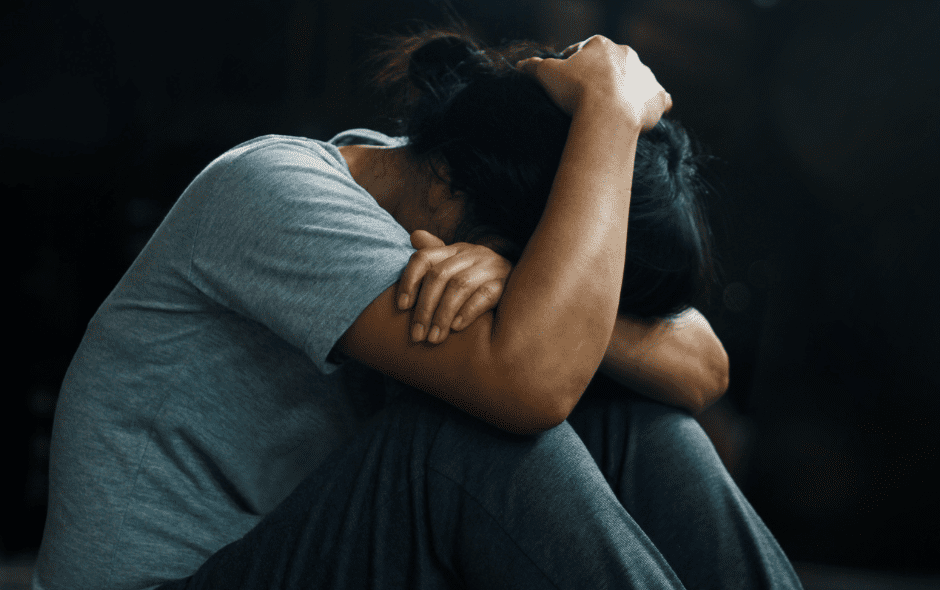When talking about epilepsy, it might come as a surprise to some that Post Traumatic Stress Disorder (PTSD) is sometimes mentioned.
I thought long and hard about writing this blog because the last thing I want to do is alarm anyone, especially those recently diagnosed and still finding their way around epilepsy. Epilepsy is so unique to a person.
Everyone experiences it in different ways, and has their own coping mechanisms dealing with the challenges epilepsy throws at them.
So, it’s important to read on bearing in mind that this may only affect a small percentage of people with epilepsy.
What is PTSD?
The NHS website defines Post Traumatic Stress Disorder as an ‘anxiety disorder caused by very stressful, frightening or distressing events.’ This could be a person experiencing or witnessing such an event.
Unlike common misconceptions, it’s not just our war veterans having witnessed horrific events who are affected by PTSD.
Any traumatic event can have a lasting profound impact on a person’s life leading to a diagnosis of PTSD. This also includes experiencing serious health issues.
PTSD does not always happen instantly, it can develop several days, months or even years after the defining event.
Symptoms of PTSD range from reliving the traumatic event over and over again, nightmares and flashbacks, to insomnia, experiencing intrusive thoughts, feelings of guilt, irritability, mood swings, and isolation.
A GP may refer a person to mental health services for diagnosis and treatment if PTSD is suspected. This includes talking therapies and/or anti-depressant medication.
Why do some people with epilepsy experience PTSD?
Sometimes, a traumatic brain injury can be the cause of epilepsy.
This could be following a serious road traffic accident or serious assault. In this instance, it would be this traumatic event potentially causing PTSD with epilepsy being an additional life-changing consequence.
More commonly though PTSD can be the result of living with constant anxiety or depression following a diagnosis of epilepsy. For some, just having one seizure can be traumatic enough to cause PTSD.
Some people describe their focal seizures or warnings/aura sensations leading up to a seizure as terrifying or triggering an overwhelming sense of fear or panic.
That sudden overwhelming sinking feeling in the pit of your stomach just before a seizure can leave you traumatised. It stays with you and can lead to ongoing anxiety. You never ‘get used to it’, it doesn’t become less traumatic the more seizures you have.
Reassuringly, most people with epilepsy will find ways to cope with these intense feelings, but for some it can be enough to trigger a profound response leading to PTSD.
How to get further help
If you recognise yourself in some of the descriptions, please contact your GP. They will do an initial assessment and may then refer you for more specialist help via mental health services.
If you want to generally speak to someone about your epilepsy, anxiety, depression or PTSD, contact our freephone and confidential helpline on 0808 800 2200.
We are here for you, don’t be alone!
We have launched Scotland’s first-ever national survey seeking to understand the effect epilepsy can have on the mental health of someone who has a neurological condition. To complete the survey, please click here.




